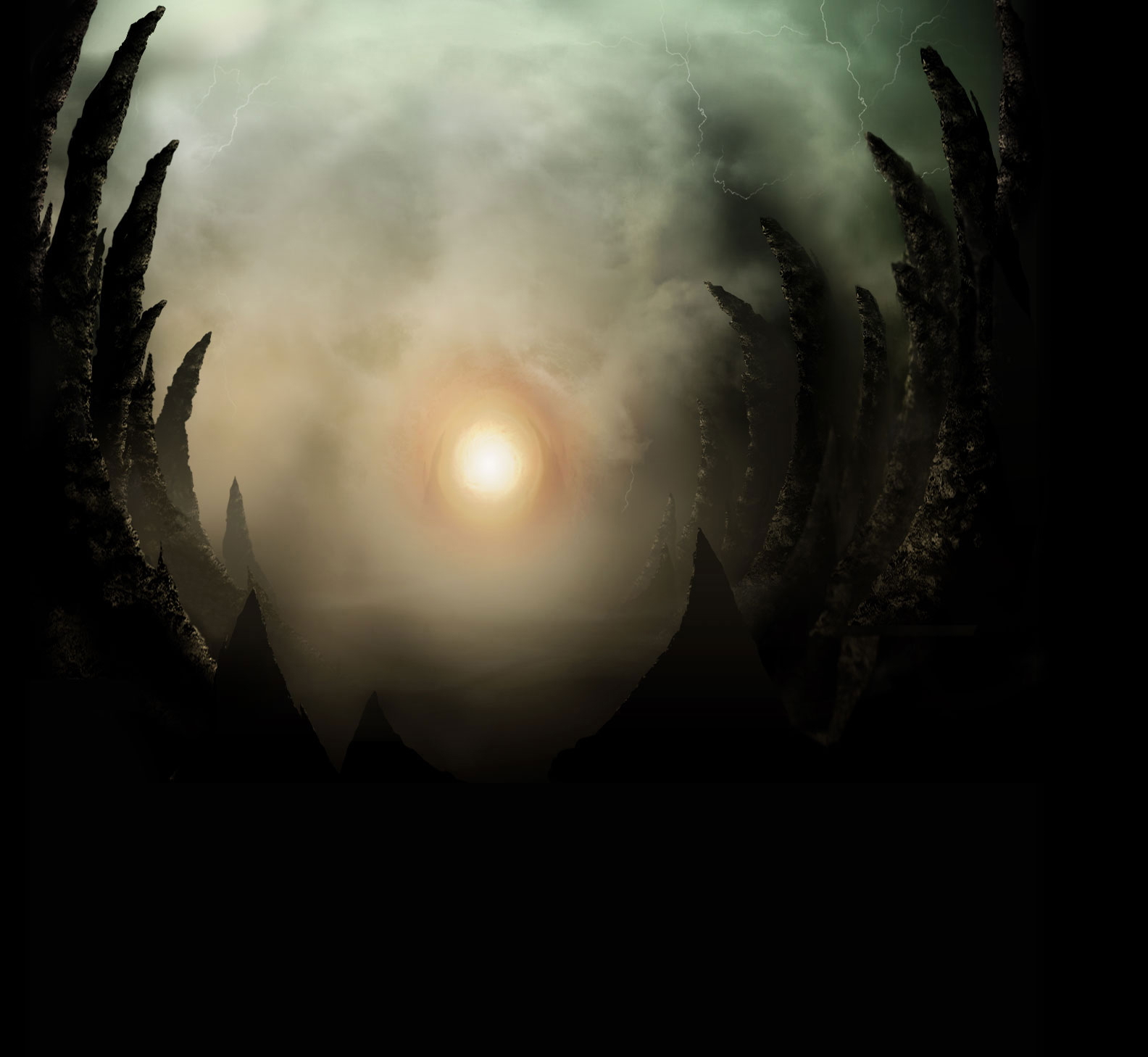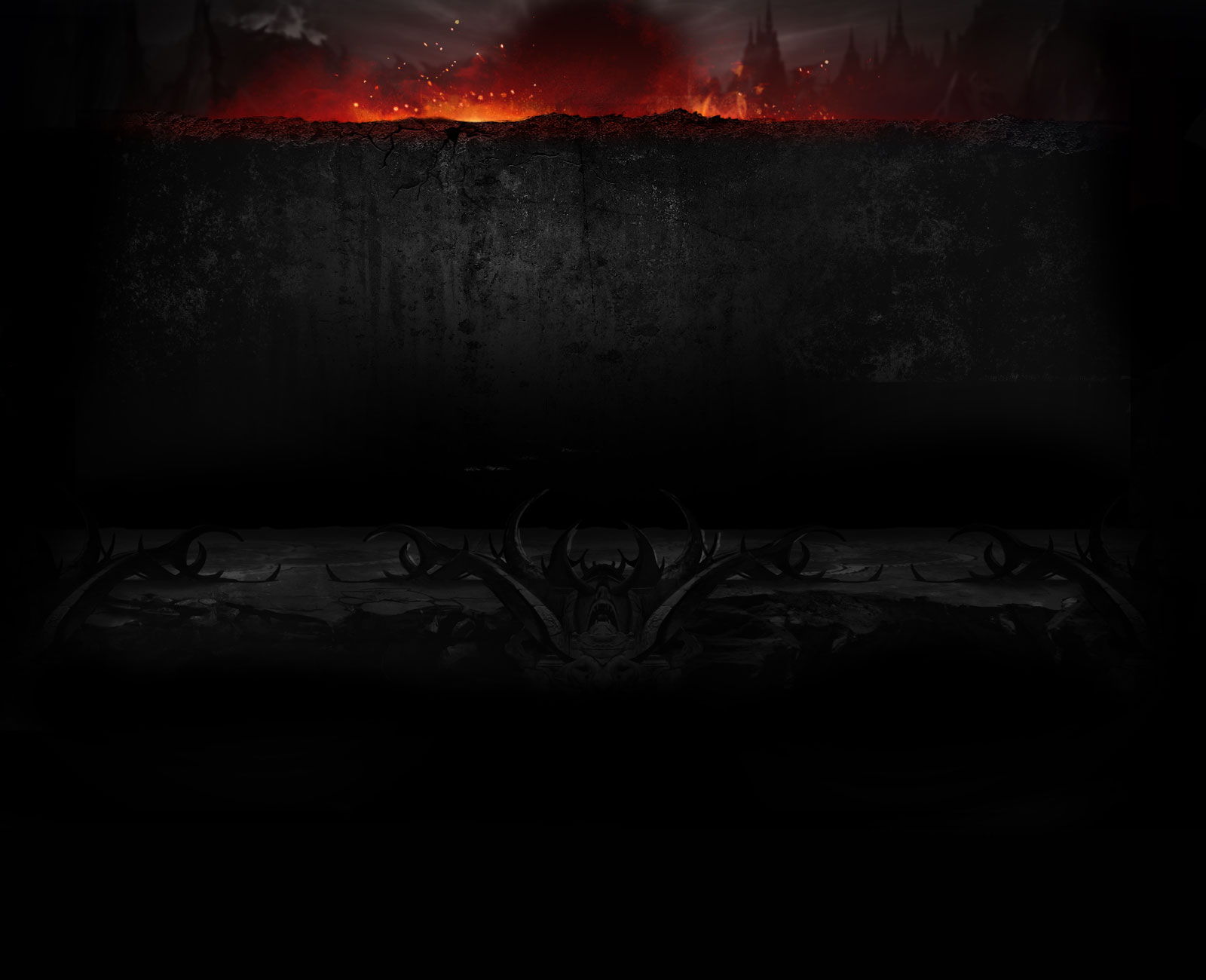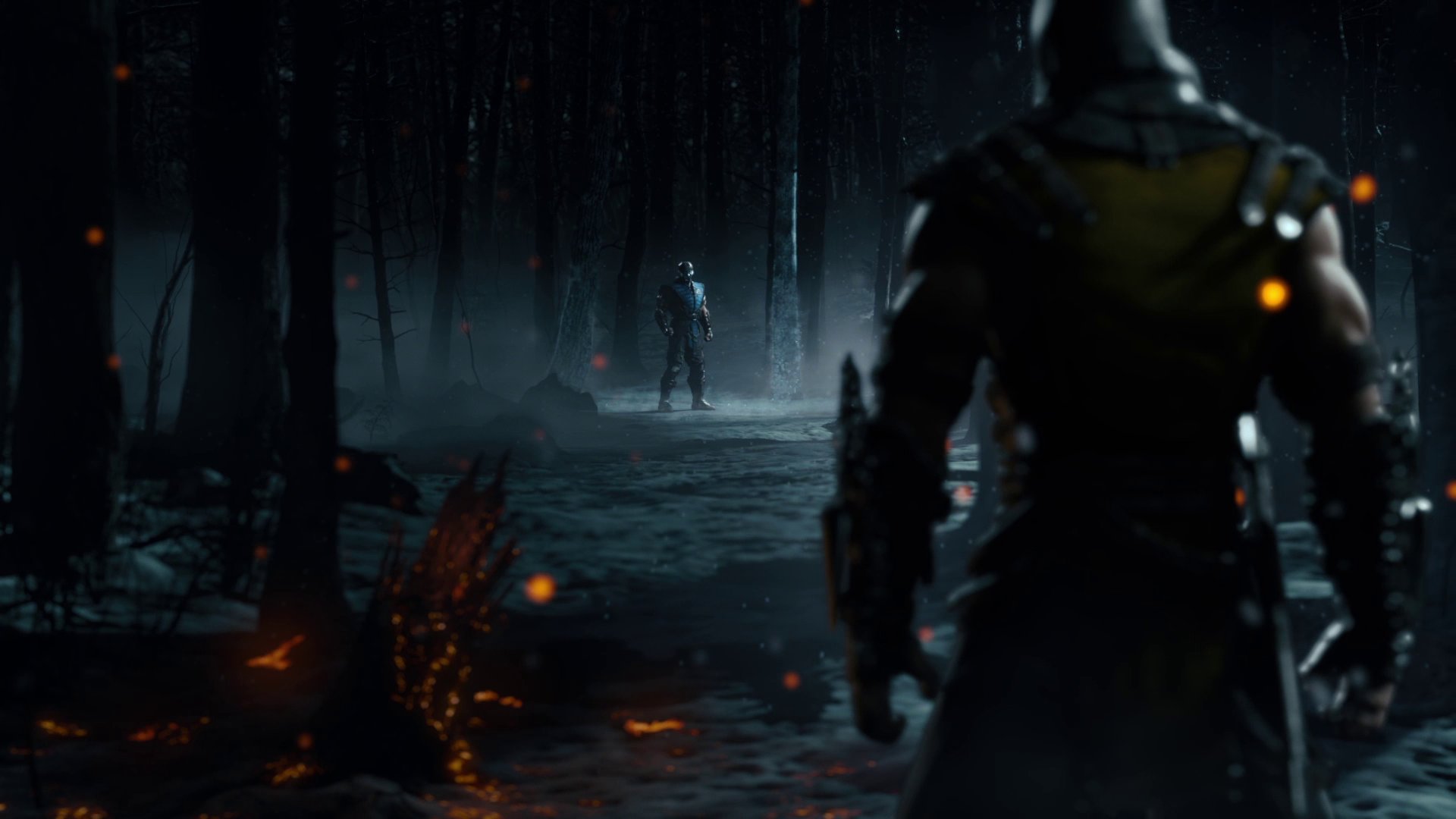Because fighting game characters (as individuals) lack the complexity of a set of chessmen, establishing a background of "sameness" in fighting games is for these reasons, usually a disaster. Witness games like the later Mortal Kombat installments, KI2- true dogs of the fighting game world. In an MK-style game, even though you have a lot of characters, they all play in a depressingly similar fashion. Everyone has the same basic moves and options. The difference between them (aside from their different heads, and cool "personalities") boils down to some characters simply having better versions of that same set of moves. Whee! They also mix it up with "different" specials. Of course, these also fall into depressingly similar categories (the crummy projectile, the teleport punch, etc.), and of the ones that arent uselessly suicidal, there are some that are just obviously better than the rest. The characters that end up being the winners are the ones with the best versions of what everyone else has too. This leads to a terribly flat game, and while it may seem "balanced", its not actually an improvement- everything is just dumbed-down. Ironically, these simplistic attempts at balance, while intended to help the game, end up hurting it by making all the characters that much less interesting. It merely forces you to play in a far more restricted manner, to squeeze that tiny margin of superiority out of your remarkably similar moves.
This is a waste of time, and is at odds with the basic motivation for having had different characters in the first place. Why have a lot of characters when they all play the same way? Better to simply have a few (or even one) far more developed characters. Chess trades multiple characters for incredible depth in one, and though theres nothing wrong with that (ask me about my idealized "All Ryu v Ryu" SF4), thats not what the scrub actually wants, nor is it commercially viable.
Down to your last wish, scrubby! If he wises up here, he should realize that he shouldnt be wishing for "balance" (in any simple sense of the word) at all. What he should wish is for truly varied characters, none of whom is so weak so as to necessarily lose in boring ways. You dont need to focus on avoiding powerful characters- you just want to keep everyone interesting. I call this "meta-balance".
SSF2T provides an excellent example of this type of meta-balance. In a "normally balanced" game, the possible opposing sides are identical, or at least functionally very similar, and of course, everyone has a roughly similar chance to win. Does everyone have a roughly equal chance to win in ST? No way. Are there stronger and weaker characters? You bet. Theres quite a bit of distance between first and last place on the rankings chart. However, look at what you get in the trade: the characters in ST are genuinely different- very few play in ways that are at all similar. Each has distinct strengths. This is cool on its own (real variety is more fun), but adds even more in another way- the relative importance of each of their individual strengths varies from matchup to matchup. This is how genuinely different characters really repay the effort that their design requires- with real depth. Being good at a meta-balanced game doesnt entail just mastering some characters gimmick, then repeating it all day, come what may. Instead, you have to understand their strengths *in relation* to those of the other, different characters. Youll often need entirely different tactics against different opponents, even though youre playing the same character throughout. Chun Li, under some circumstances is best played as a keep-away turtle, in others wants to rush you down, doing anything she can to avoid being pushed back, and in still others, somewhere between these two extremes. This is how you get a game that stays interesting and becomes deeper with time, instead of a quickly-won race to discover whos stupid version of the same generic attack cant be retaliated against, and is therefore the champion.






